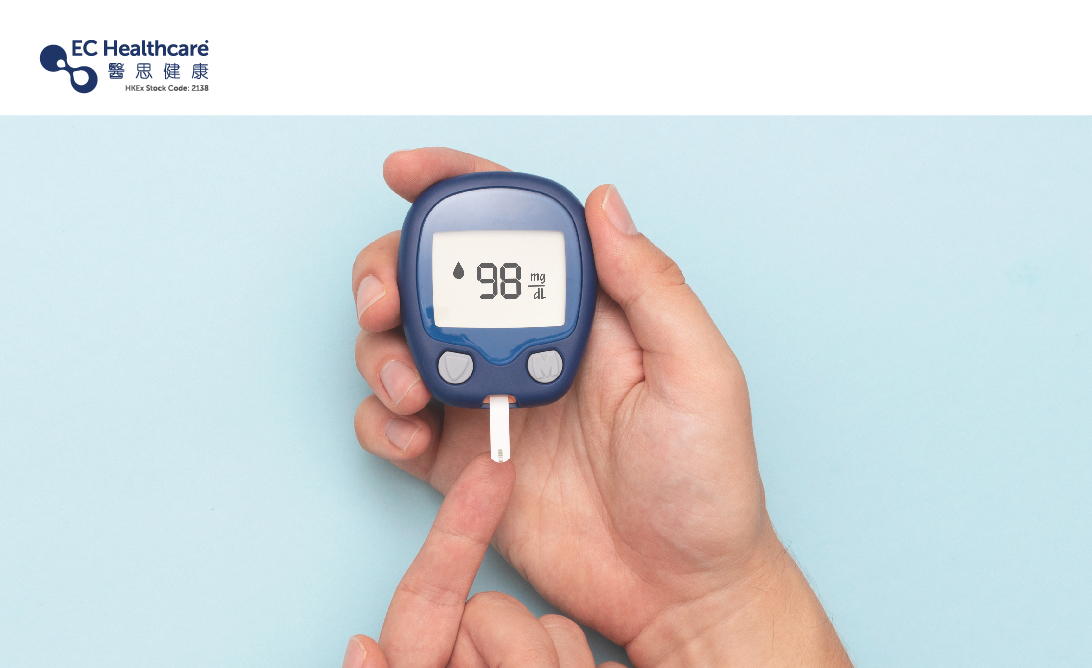High Blood Lipids + High Blood Sugar = Silent Killer! Cardiologist Recommends Diabetics to Manage Blood Lipids in These Ways


High blood lipids and high blood sugar are two major high-risk factors for cardiovascular disease. However, they are sneaky and often become noticeable only when patients develop complications. Specialists remind citizens to regularly check their blood lipids and blood sugar levels and seek early medical attention upon detecting any abnormalities to avoid irreversible vascular damage.
High blood lipids + high blood sugar: A deadly combination to the cardiovascular system
Cardiologist Dr Fu Chiu Lai explains that high blood lipids and diabetes are closely related, often occurring together and mutually causal. The latest data revealed that about 30% to 40% of diabetic patients die from cardiovascular disease. Patients with type 2 diabetes develop insulin resistance, which makes the cells respond poorly to insulin to take up glucose. This results in sugar build-up in the bloodstream, becoming a source of cholesterol and triglyceride production, leading to high lipid levels and affecting the liver cell’s response to insulin. This creates a vicious cycle.
Both high blood lipids and diabetes can cause inflammation, hardening, narrowing, and blockage of blood vessels, leading to fatal diseases such as myocardial infarction, stroke, and kidney failure. If a patient is affected by both conditions, they have a higher risk of these diseases. However, their symptoms may not be noticeable, and patients may not realize their health issues even when the blood vessels are damaged. They only notice their elevated blood sugar and blood lipid levels when they are hospitalized due to acute illnesses. Therefore, Dr Fu recommends that people over 40 years old should receive annual blood tests to detect abnormalities early on, and individuals with a family history of cardiovascular disease, diabetes, or high blood pressure may need early screening.
Diabetic patients have stricter cholesterol targets
To reduce the risk of cardiovascular disease, diabetic patients not only need to manage their blood sugar levels but also need to strictly control their blood lipid levels. For example, for healthy individuals, an optimal bad cholesterol level should be 3.0 mmol/L or below, but for patients diagnosed with diabetes for ten years or more, the level needs to be controlled at 1.8 mmol/L or below. If the patient has already developed blood vessel blockage or complications affecting the organs, they may need to work for lower levels. So, how can diabetic patients manage their blood lipids? Dr Fu suggests that developing good dietary and exercise habits is the basis. In terms of diet, patients should reduce their intake of saturated fats, trans fats and cholesterol, and eat more foods high in unsaturated fats and dietary fiber. As for exercise, they should engage in at least 120-150 minutes of moderate-intensity aerobic exercise per week, as well as appropriate strengthening exercises.
Medication used to prevent heart issues
However, some diabetic patients lead a healthy lifestyle and have no bad habits, but they still have unsatisfactory blood lipid levels, while some have a 10% or higher risk of developing cardiovascular disease within ten years. These patients may need to consider medication to prevent cardiovascular disease. Currently, there are various types of cholesterol-lowering medications in Hong Kong that target the liver and intestines to reduce cholesterol synthesis and absorption, thereby lowering cholesterol levels in the blood. Traditionally, oral statins are the first-line treatment, with research showing their effectiveness in lowering bad cholesterol and triglyceride levels. If further reduction of bad cholesterol levels is needed, other medications can be added depending on the patient’s condition, such as oral cholesterol absorption inhibitors or injectable PCSK9 inhibitors.
Note: The above content is for reference only. There are various treatment plans available, each with different effectiveness, side effects and risks. Patients should discuss with their doctors and choose the most suitable treatment plan based on their situation, including their physical condition, illness, and ability to endure the treatment.

Related Brands


